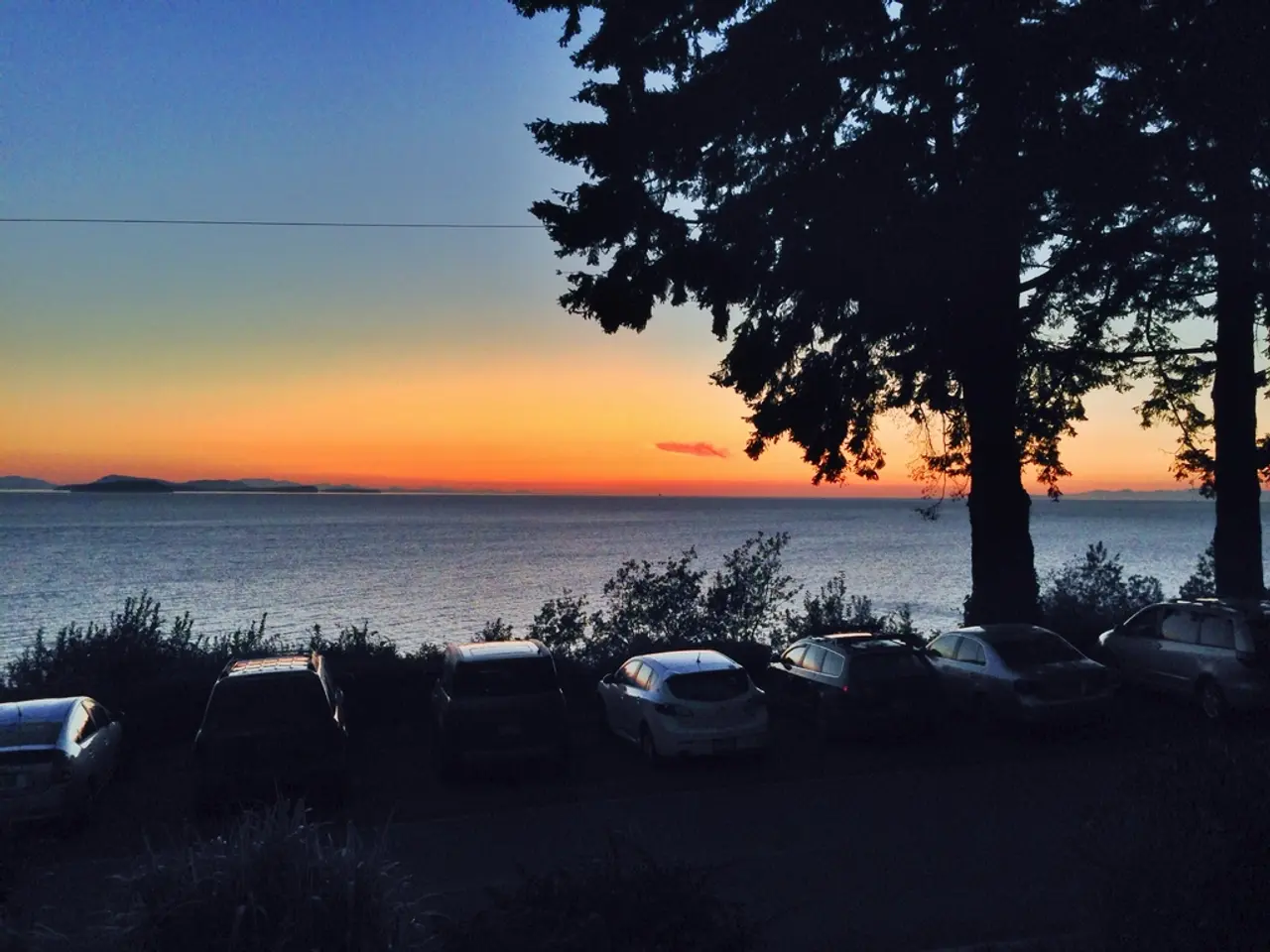Sustaining Enjoyable Getaways: Eco-Friendly Recreation Guidelines
In a comprehensive evaluation of 92 scientific studies from tourism research, psychology, medicine, and social sciences, it has been found that vacations can significantly improve recovery, health, and subjective well-being. The key to harnessing these benefits, however, lies not just in the duration of time spent away but in the individual experiences and strategies employed.
Professor Carmen Binnewies, a work psychology expert at the University of Munster, has been studying how people best regenerate from work. According to her research, preparing for a vacation properly is crucial. This includes completing all necessary tasks before departure, delegating responsibilities, and setting a positive mindset for relaxation and rejuvenation.
During the vacation, engaging in activities that promote relaxation, such as reading, meditation, or spending time in nature, is recommended. Immersing oneself in local culture can also enhance personal growth and provide new perspectives.
Upon returning from vacation, a gradual transition back to work is essential to avoid burnout. Reflecting on experiences and writing down insights can reinforce learning and relaxation benefits.
Maintaining the positive effects of a vacation in the long run involves several key factors. Regularly prioritizing leisure and self-care activities, focusing on maintaining a healthy lifestyle, and minimizing travel fatigue are all important considerations.
Challenging activities during vacation, such as trying new sports or immersing oneself in a foreign culture, can increase eudaimonic well-being, the feeling of meaningfulness and personal growth, and prolong its effects. Self-determination is an important factor for individual recovery experiences, requiring conscious consideration of personal needs before planning a vacation.
Good planning, avoiding unnecessary stress during vacation, can contribute to a more effective relaxation experience. It has been found that taking one to two days off after a vacation to readjust can help make relaxation last longer. The positive effects of vacation usually last up to three weeks, but several shorter vacations throughout the year can be beneficial.
Further research on the effects of vacation is planned for this year, with the field of recovery research focusing on motivation, enjoyment, and a positive outlook on life when the stressor is removed. Charlotte Bellmann, project leader of the German Institute for Tourism Research, identifies three levels of impact of vacation: reducing negative stress reactions, strengthening subjective well-being, and contributing to health.
[1] [4] [5] References available upon request.
- Incorporating a home-and-garden focused routine in one's sustainable-living practices can contribute to a continued sense of relaxation and rejuvenation post-vacation.
- For budget-travelers, opting for home-exchange platforms or eco-friendly accommodations can align with the principles of sustainable living while still allowing for travel experiences that enhance recovery and well-being.
- Adopting a home-garden lifestyle with an emphasis on local produce and mindful consumption can further support one's personal growth and subjective well-being beyond the vacation period, especially when combined with regular travel and immersion in new cultures.




